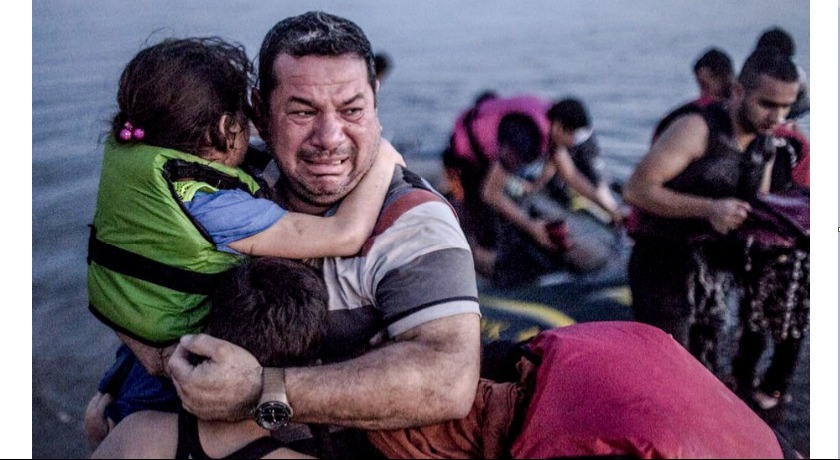 Church representatives from across Europe have expressed disappointment at the failure of EU ministers in agreeing any arrangement for search and rescue in the Mediterranean.
Church representatives from across Europe have expressed disappointment at the failure of EU ministers in agreeing any arrangement for search and rescue in the Mediterranean.
At the EU interior ministers’ meeting in Helsinki on 18 July, further discussions and proposals for a temporary arrangement were also postponed until September.
Dr Torsten Moritz, General Secretary of the Churches’ Commission for Migrants in Europe (CCME) – of which the United Reformed Church is a member – expressed dismay at the results.
“Once again, EU ministers have failed in agreeing on even the most minimal solutions for search and rescue in the Mediterranean. While they talk, people die in desperation at sea,” he said.
“With each one of them, the soul of Europe dies a little bit more. The outcome of the ministerial meeting is a slap in the face of Christians, who believe in the sanctity of life. Churches across Europe will continue their support and involvement in activities in search and rescue of human life - an obligation and certainly not a crime.”
The Revd Christian Krieger, President of the Conference of European Churches (CEC), added: “Christians are very concerned about the fate of their brothers and sisters in humanity, presently in distress at the Mediterranean. The information that the concert plan for humanitarian rescue at sea cannot be achieved is incomprehensible and illustrates how national political issues prevail over human right values.”
Recently in a letter to the ministers, heads of the CCME, ACT Alliance EU and the CEC strongly stressed the need for safe and regular pathways, search and rescue, and fair sharing of responsibility.
In the letter, these organisations – representing Anglican, Orthodox, Protestant and other confessions, as well as specialised Christian ministries across Europe – urged the EU ministers of justice and home affairs to take quick steps to put an end to the deaths at sea.
Read the letter in full here.
Picture: A Syrian refugee from Deir Ezzor, holding his son and daughter, breaks out in tears of joy after arriving via a flimsy inflatable boat crammed with about 15 men, women and children on the shore of the island of Kos in Greece. Daniel Etter/The New York Times.
Published: 5 Aug 2018




